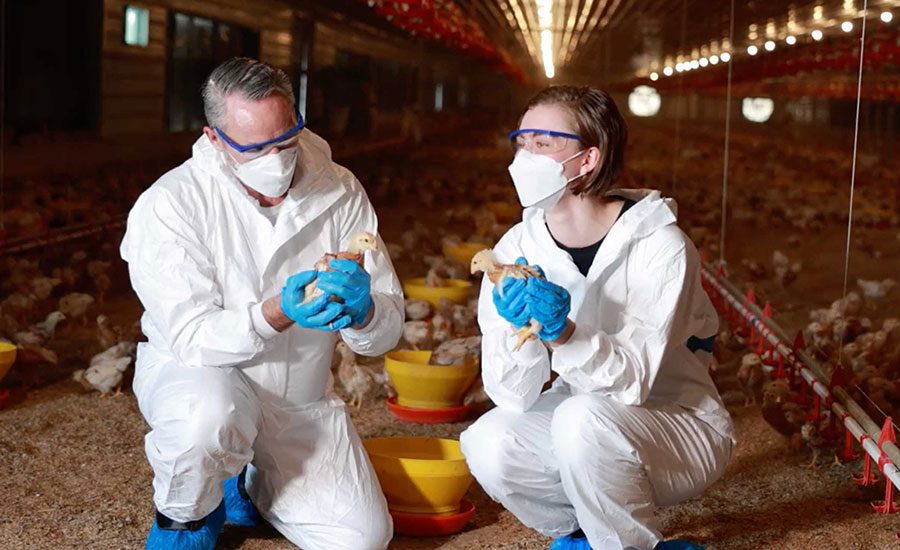According to a final rule by the U.S. Department of Agriculture’s Food Safety and Inspection Service (FSIS), mechanically tenderized beef products will not require special safety labels for at least another three years. The tenderization process softens the meat with tools and devices that are known to cultivate pathogens that can lead to foodborne illness.
Initially proposed in mid-2013, the meat labeling rule would require that food packaging displays specific cooking instructions for meat products. FSIS’s concern has been that consumers are not cooking meat long enough to prevent foodborne illness.
The labeling rule was not finalized as expected by December 31, 2014, thus it cannot take effect before 2018 according to FSIS requirements. Had the rule been cleared in a timely manner, the meat labeling requirements could have been enforced as soon as next year. The two-year incremental delay is meant to make changes easier for food manufacturers to comply.
Proponents of meat labeling believe that consumers will be put at risk for another two years without more stringent instructions to follow when cooking meat. However, the meat industry has taken a stance against this labeling proposal, arguing that measures put in place by meat processors are sufficient in making sure that meat distributed to consumers is already safe.





